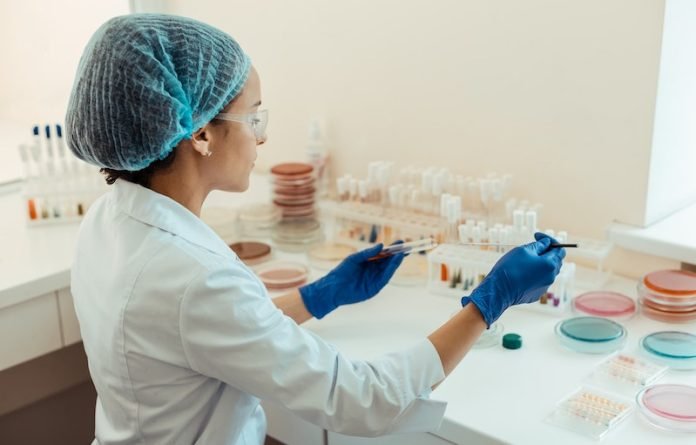
In a study from the Vancouver Prostate Center, scientists developed a new blood test that provides unprecedented insight into a patient’s cancer makeup.
It may allow doctors to better select treatment options that will improve patient outcomes.
The first-of-its-kind blood test analyzes the DNA that metastatic cancers shed into the bloodstream, known as circulating tumor DNA or ctDNA.
By sequencing the entire genome of this ctDNA, the test reveals characteristics that are unique to each patient’s cancer, giving physicians new tools to develop more personalized treatment plans.
In the study, the researchers examined ctDNA samples collected from patients with metastatic prostate cancer.
Metastatic cancer—cancer that has spread to other organs in the body—is not often curable, and chemotherapy and newer targeted therapies may not work for all patients.
Biopsies to help determine the best treatments for this type of cancer are rarely performed due to their invasive nature and the high risk of complications.
This is often a major barrier in studying and treating this disease.
The researchers discovered that whole genome sequencing of ctDNA provides a host of information about the different metastases spread throughout the body.
Using newly developed computer programs, the researchers were able to pinpoint the unique genetic makeup of various cancer populations in the body to gain a more comprehensive understanding of the disease.
The researchers say the information can also be used to help predict which treatments will be effective or ineffective in each patient.
While the number of cancer treatment options has expanded in recent years, a common problem is that eventually, those treatments stop working.
Drug resistance can develop over time as cancer cells accumulate molecular changes that make them less sensitive to a particular drug or treatment.
In this study, by collecting multiple ctDNA samples over time, the team was able to learn how cancer evolves in response to treatment.
The researchers say that this minimally invasive, relatively inexpensive, and highly-scalable technology is now being deployed across large clinical trials.
If you care about health, please read studies about new evidence on rare blood clots after COVID-19 vaccination, and mouthwashes may suppress the COVID-19 virus.
For more information about health, please see recent studies that the COVID-19 virus exploits many types of frailty and ill health, and results showing new antiviral drug combo could effectively treat COVID-19.
The study was conducted by Dr. Alexander Wyatt et al and published in Nature.
Copyright © 2022 Knowridge Science Report. All rights reserved.



